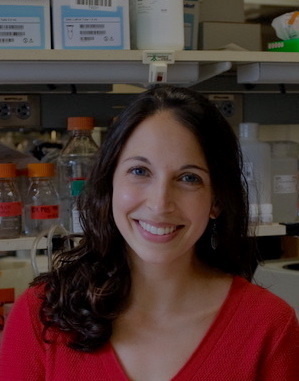
Special Seminar with Elizabeth Pollina, PhD, "An activity-dependent NPAS4 complex couples transcription to DNA repair to promote neuronal plasticity"
Description
This seminar is being held virtually and is open only to members of the MIT community. Please use this link to join: https://mit.zoom.us/j/97583463371
Special Seminar with Elizabeth Pollina, PhD
An activity-dependent NPAS4 complex couples transcription to DNA repair to promote neuronal plasticity
A fundamental mystery of biology is how neurons persevere for the entire lifetime of an organism. Environmental stimuli trigger changes in neuronal activity that induce adaptive modifications to morphology and connectivity in these long-lived cells. Despite essential functions in promoting plasticity, neuronal activity presents a risk to the genome, as activity-induced transcription is associated with the induction of DNA double-strand breaks at select gene regulatory elements. Whether neurons have acquired specialized genome protection mechanisms that enable them to withstand years of potentially damaging stimuli during periods of heightened activity was not known. Here, I identify a neuronal-specific NPAS4:NuA4 chromatin modifier that both induces activity-dependent transcription and stimulates the repair of transcription-coupled DNA double-strand breaks.
Gene regulatory elements bound by the NPAS4:NuA4 complex are protected from the age-dependent accumulation of somatic mutations. Impaired NPAS4:NuA4 signaling leads to a cascade of cellular defects including dysregulated transcriptional responses to activity, loss of control over neuronal inhibition, and genome instability, culminating in reduced organismal longevity. Mutations in several components of the NPAS4:NuA4 complex are reported to lead to neurodevelopmental disorders and autism. Together, these findings identify an activity-dependent protein complex that couples neuronal activity directly to genome preservation and whose disruption may contribute to developmental disorders, neurodegeneration and aging.

